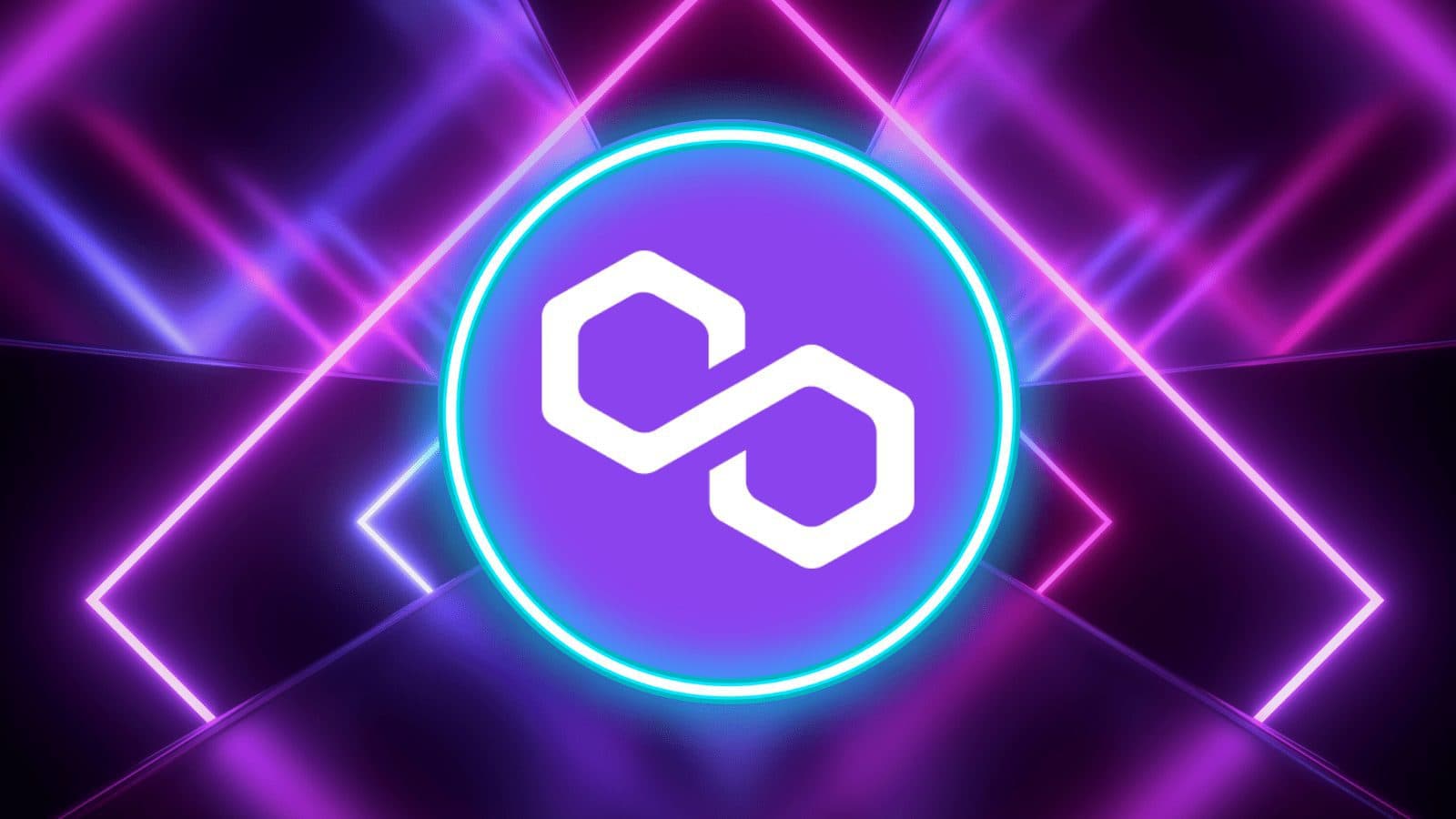Polygon Unveils ZkEVM, ‘The Holy Grail of Scaling’
The technology will reduce transaction costs and greatly increase throughput on a layer-2 rollup which inherits the security of Ethereum, the Polygon team says

Source: Shutterstock
- Polygon is taking a multi-side approach to scaling Ethereum with zkEVM, the first rollup with EVM-equivalence
- “Besides The Merge, this is the second-biggest event in terms of technology in the ecosystem in general,” Polygon co-founder Mihailo Bjelic said
When it comes to scaling Ethereum, Polygon has taken an everything-and-the-kitchen-sink approach.
Its logo may be a hexagon, but Polygon already maintains seven discrete teams building an interrelated web of products.
Three of those teams, Hermez, Zero and Miden, have worked together to create zkEVM — a zero-knowledge proof-based rollup which achieves equivalence with the Ethereum virtual machine (EVM), which the Polygon team defines as EVM specification-level compatibility.
That means developers can easily deploy applications written in Solidity — Ethereum’s smart contract language — and take advantage of the ecosystem’s robust developer tools, just as they do on the Ethereum mainnet.
The move Wednesday, at the Ethereum Community Conference in Paris, heralds the imminent launch of a zkEVM testnet, a goal set by the Hermez team at the same conference a year ago.
“It’s been a long journey — I can talk in personal terms — this has been the project of my life,” said Jordi Baylina, technical lead at Polygon Hermez, during the group’s #PolygonTuesdays weekly Twitter space, last week. “Scaling Ethereum, scaling blockchains, has been the dream since at least 2015 if not before.”
Rollups based on zero-knowledge proofs have several advantages over the optimistic rollups which are already up and running, such as Optimism and Arbitrum — the two largest by total value locked.
Zero-knowledge rollups combine many layer-2 transactions into one — which settle on Ethereum as a validity proof. While computationally intensive, zero-knowledge rollups are much faster and more scalable.
“It makes Ethereum almost technically or theoretically infinitely scalable,” Polygon’s Sandeep Nailwal said during the Twitter space, adding that in contrast to other solutions, only Ethereum itself is needed. “It has network effects. It has developers. It has users, so you know we can take Web3 to the next stage of growth,” he said.
Other projects are working on EVM-compatible or EVM-equivalent zero-knowledge rollups, such as Scroll and Matter Lab’s zkSync, but Polygon has a significant funding edge thanks to its $450 million raise in February.
A closed testnet of Polygon’s zkEVM should be available within two weeks with a public permissionless testnet to follow a few weeks later, Polygon co-founder Mihailo Bjelic told Blockworks. The product is expected to reach the Ethereum mainnet by year’s end. Major Web3 applications such as Uniswap are planning to deploy on zkEVM.
“A future configuration of off-chain data availability will be able to reduce the fees further,” Bjelic said.
Polygon Avail envisions sovereign rollup chains
While zkEVM is “a proper old-school rollup,” Bjelic said, potentially significant efficiency gains are possible by using an off-chain data availability solution, such as Polygon Avail.
Avail is an entirely new blockchain focused on data availability that fits into a framework for scalability known as “modular” — as opposed to monolithic, such as Ethereum is today, where execution, data availability and settlement all occurs on the same layer.
In a rollup, 70% to 85% of the cost is attributed to storing Ethereum call data, Avail lead Anurag Arjun told Blockworks.
“That component can move to Avail,” he said.
Doing so would transform zkEVM into what’s known as a validium.
“Everyone is really looking for lower transaction fees, if the security can be maintained,” Arjun said. “You will see every rollup — at least in my opinion — will have a rollup version and a validium version.”
ZkEVM is a likely candidate for upgrading the existing Polygon proof-of-stake chain — the Ethereum-aligned sidechain using the MATIC token that was Polygon’s first foray into Ethereum scaling.
“That’s probably the end goal,” Bjelic said.
A team at Polygon is working on a way to migrate the entire proof-of-stake chain into a future version of the zkEVM in a way which would not require dApp developers or users to take any action. But such a solution is still about a year away.
“Polygon is a multichain ecosystem. We believe there will be probably thousands such chains built on top of Ethereum,” Nailwal said, stressing the open-source nature of all the company’s development efforts. “Cryptography must be open to be safe…Whatever we are building is for the public good and everything will be open source and will be in the public domain.”
This story was updated on July 20, 2022, at 11:31 am ET.
Get the news in your inbox. Explore Blockworks newsletters:
- The Breakdown: Decoding crypto and the markets. Daily.
- 0xResearch: Alpha in your inbox. Think like an analyst.






